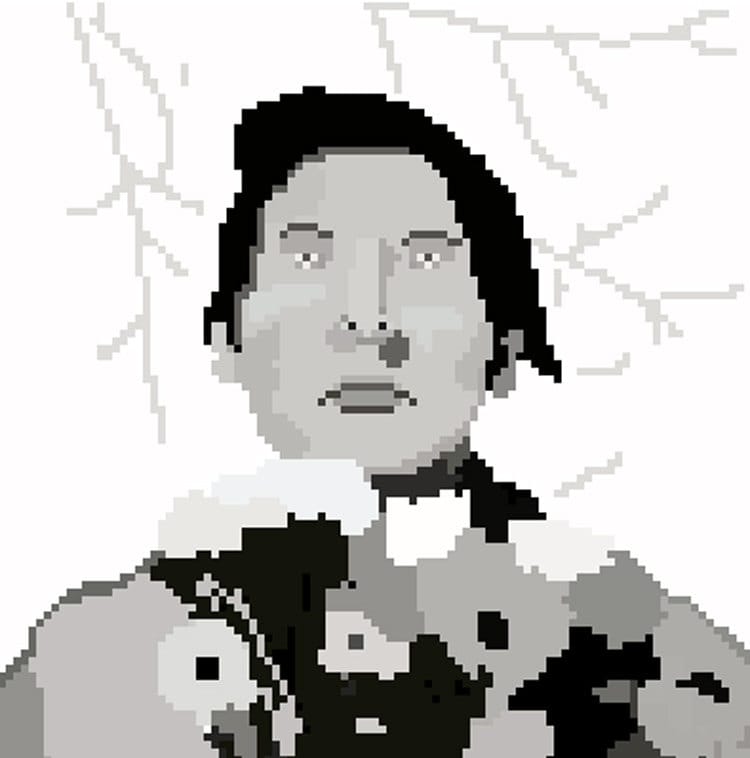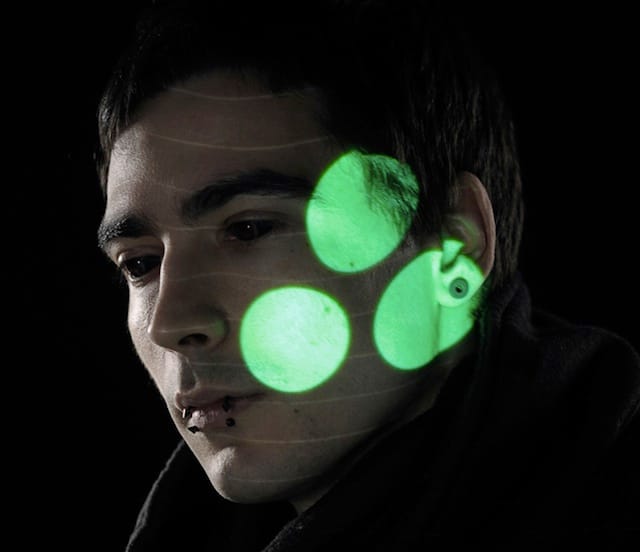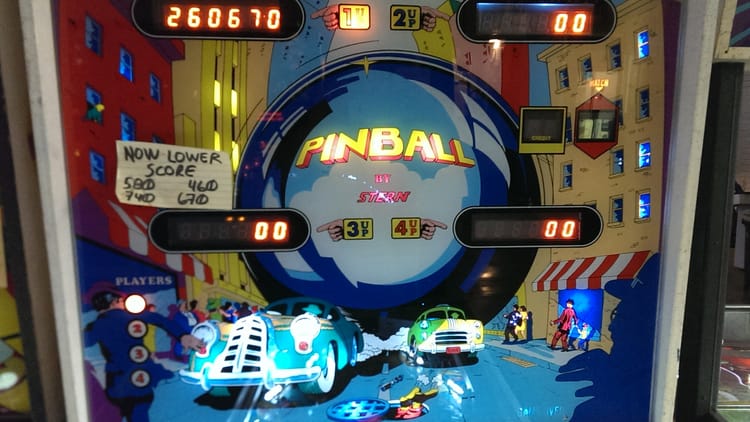Profile: Matt Boch

Between 2007 and 2009, Matt Boch went from playing guitar in an unsigned rock band to designing the instrument controllers of Harmonix’s Rock Band sequels. This Möbius strip of a career move—from playing music with others to helping others pretend to play music—has paid off like gangbusters. The game’s popularity helped fuel the success of his band The Main Drag. As Project Director of the Dance Central series, Boch continues to spark the fantasies of gaming’s expanding audience. I spoke with him over the ?phone about the importance of Soulja Boy, the dissolving physicality of art, and bologna sandwiches.
/ / /
On dance
“Let’s take great pop music and have a simple stepping game”—that was the initial thought from the [Harmonix] CEO, the first conversation I had with him.
I said, “I want some time to prototype this.” I worked with a small studio in Boston named Fire Hose Games (They made Slam Bolt Scrappers). We were not aware of Kinect at this point. We tried everything from a very simple stepping game, to a more dance-instructor type of experience. And eventually arrived at the core mechanics of Dance Central: the flash cards, the icons, this notion you have an option to try out the moves before you dance the whole song.
We made a commitment to real choreography. I basically drew a line in the sand and said, “If this interface is going to be great, and we’re going to make a dance game that’s gonna be transformative, you have to be able to dance ‘Crank That’ by Soulja Boy.” That’s the bar for a good interface.
Around that point in time, we had a meeting with Microsoft where they revealed to us they were building this Kinect technology. It was at GDC, before they made the reveal at E3 of [Project] Natal. And we were like, “Holy shit. This is the perfect opportunity, the exact right technology. Hardware that we don’t have to sell along with our game—it’s just going to be out there. We have a great partner in Microsoft.” So we greenlit the thing.
There’s all sorts of different ways that people can interact with music. I think dance is one of the most fundamental. Even the tapping of your foot, or the nodding of your head, starts to implicate your body in that musical experience. Just having a corporeal reaction to the music … [that’s] pretty powerful.
On rock
A lot of people listen to a rock song, and it’s like eating a sandwich. The sandwich is great, but you can’t tell the exact nature of the salami from the bologna from the cheddar cheese to whatever else. You’re just eating it and tasting it and it’s delicious. I think a lot of people listen to music and have that experience—it’s just music to them. [By playing Rock Band,] you start to break those things apart and begin to understand, “Oh, this is what a bass is like and this is what it adds to the experience.”
“Even the tapping of your foot, or the nodding of your head, starts to implicate your body in that musical experience. Just having a corporeal reaction to the music … [that’s] pretty powerful.”
Plenty of my friends who have gotten into those games appreciate rock music on a different level. They not only get the fun of the rock-star fantasy, but they also get a sort of “genre education” that’s pretty difficult to glean any other way.
We’re giving people access to a perspective on music they wouldn’t have otherwise. I don’t think you can expect everyone in the world who wants to play a fun game, and have that fun experience of the rock-star fantasy, to go to the next level and learn to play the real guitar. They might be all sorts of different people: maybe they’re doctors, or EMTs, or chip designers. While music is a great gift and a great experience for people to have, I don’t think everyone needs to do it.
On the future of games and music
That dialogue’s been going on forever. There was some Aerosmith arcade game, where you shoot records at people. I remember playing a Guns ’n Roses pinball game when I was like 13. That was the thing that introduced me to them. It only played itty-bitty clips of a song, but it played just the hookiest parts, and made me seek out “Sweet Child O’ Mine” and “Welcome to the Jungle,” just to hear the whole songs.
In terms of artists actually integrating directly with games, I think that’s a really exciting opportunity that I don’t think has been taken enough advantage of. There’s a strong overlap between the types of people who are going to consume iPhone games and downloadable games of all sorts and the types of people listening to emerging artists. I would love to see more interaction there.
There’s a game [Chime] by a studio named Zoë Mode—I believe a number of the proceeds were donated to charity. Philip Glass did a piece for the game. Experiences like that are really great, where you get a whole bunch of different artists to interact with a game mechanic, tie the mechanic to a generative music system. That kind of stuff is gorgeous. Likewise, Brian Eno’s work on the soundtrack to Spore is a really cool collaboration.
We’ve seen a handful of collaborations between Hollywood greats and game design studios, and I think we can get as much from collaborations between the great music producers and game designers.
Chime would certainly be less compelling to me without the roster of interesting artists attached to each one of those levels, and each of those levels wouldn’t have the same sort of different feeling if all the music came from the same perspective. That said, there’s also something interesting about focusing on one artist, and trying to build a game system around that.
Physicality is becoming less important to music. Everyone’s downloading music, has Spotify or Rdio, or buying stuff on iTunes. The aesthetic vision a band could purport through their album art, et cetera, is less present for folks. They tend to experience music in a vacuum. Maybe there’s a single image they see to associate with a band.
Interactive gaming experiences could help a band develop that aesthetic depth [enabled by] album art and special editions of albums—think of that book Radiohead’s Amnesiac came with, or any of the deep packaging that has been done. As things get less and less physical, those will exist in less quantity, and won’t be experienced by as many folks. I think interactive opportunities could very well replace that.
Illustration by Trip Carroll



